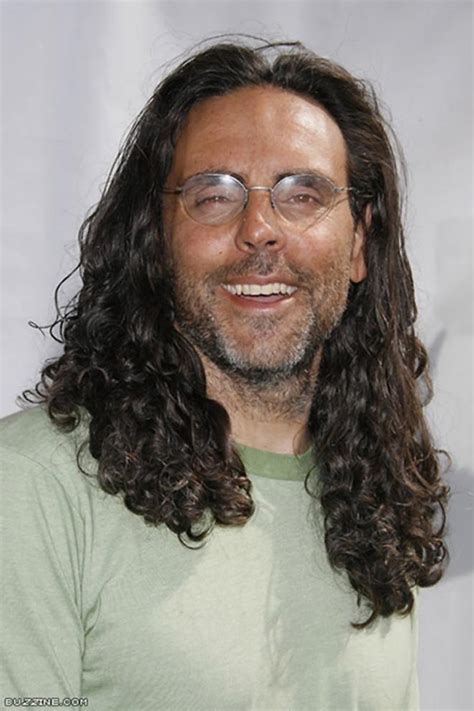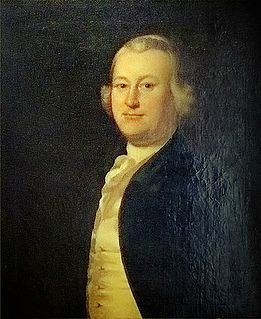A Quote by Charles Edward Merriam
Rights are considered to have their source not in nature, but in law.
Quote Topics
Related Quotes
To ask about the 'source' of rights or morals assumes an erreous conclusion. To ask about the source of morals is to assume that such a source exists. As if it existed outside of human constructed systems. The 'source' is the human ability to learn from experience and to entrench rights in our laws and in our consciousness. Our rights come from our long history of wrongs.
US law and international human rights law have radically diverged in the past years in terms of the recognition of indigenous people's rights. International human rights law now looks at not whether or not the tribes have formal ownership or legal title in a Western legal conception might have it, but rather they look at the tribe's historical connection to that land.
Good and wise men, in all ages, have embraced a very dissimilar theory. They have supposed that the deity, from the relations we stand in to himself and to each other, has constituted an eternal and immutable law, which is indispensably obligatory upon all mankind, prior to any human institution whatever. This is what is called the law of nature....Upon this law depend the natural rights of mankind.
My basic approach is to recognize that mainstream legal theories of contract have been muddied by unlibertarian and positivistic conceptions of law and rights. Questions about what rights are "alienable" or not, loose talk about how promises should be "binding," etc., highlight the need for clarity in this area. In my view, to sort these issues out one needs a very clear and consistent understanding of the nature of property rights and ownership.
That was exciting to be able to comment on civil rights. I mean, the civil rights movement that young people don't know about today, but Martin Luther King was considered by the establishment press in the early years of the sit-in movement as a dangerous man, and he was the equivalent at that time as Malcolm X. And he was told to stop his demonstrations; they were against the law and all of that. Now that he's sainted and sanctified we've forgotten.
Every British Subject born on the continent of America, or in any other of the British dominions, is by the law of God and nature, by the common law, and by act of parliament, (exclusive of all charters from the crown) entitled to all the natural, essential, inherent and inseparable rights of our fellow subjects in Great- Britain.



































